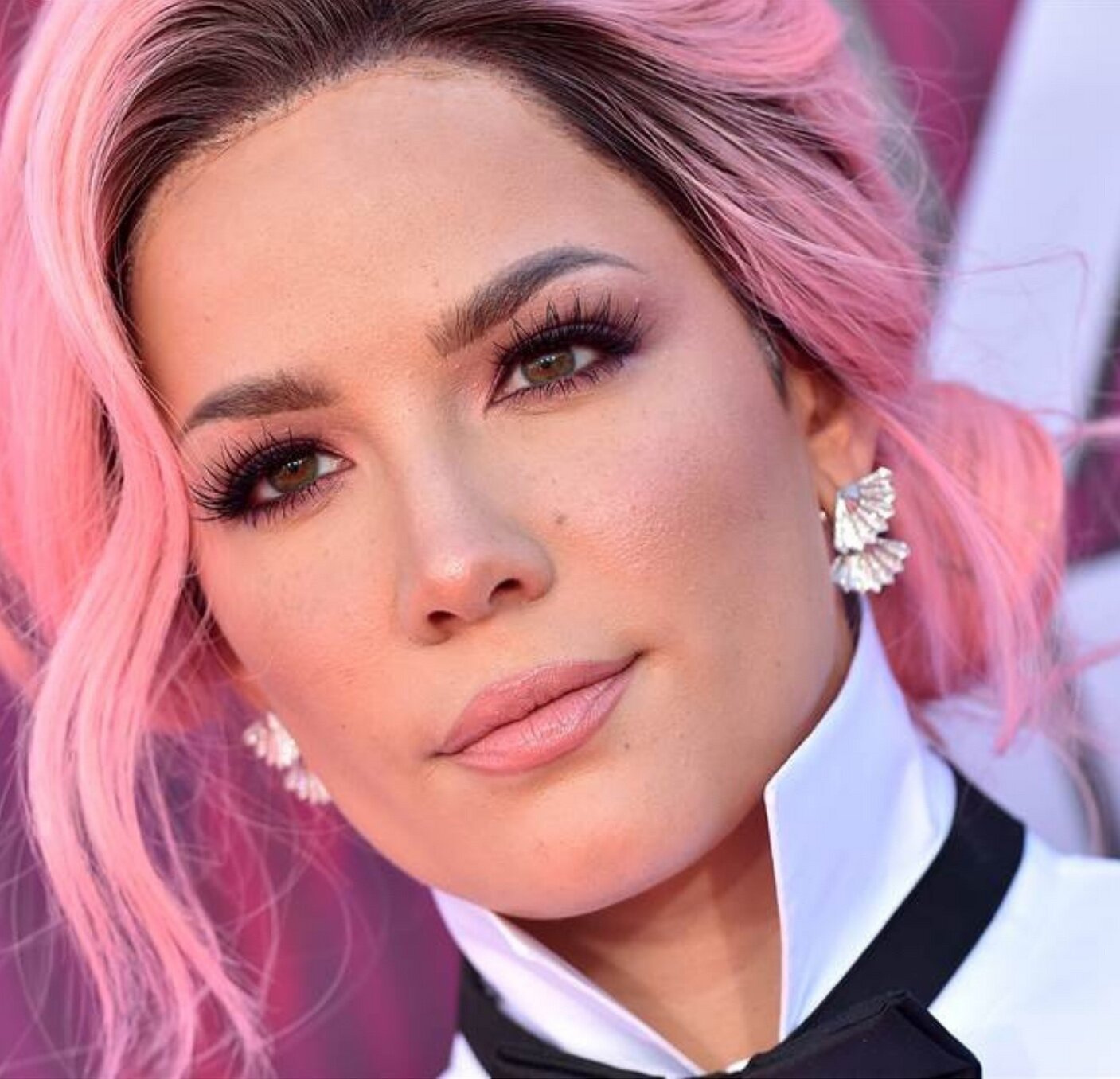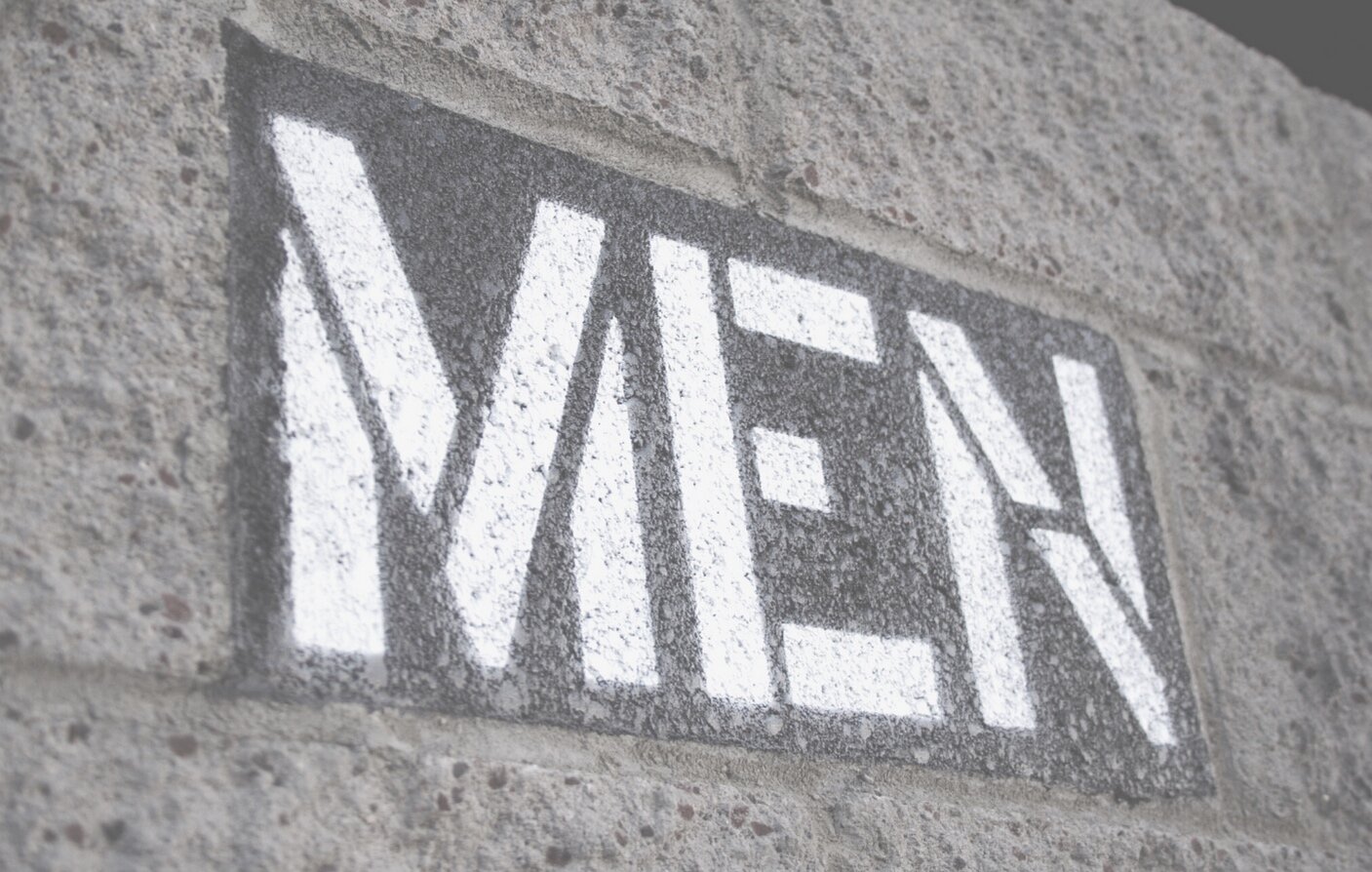Can We Please Talk About Revenge Porn?

Can We Please Talk About Revenge Porn?
I recently watched the documentary, Zara McDermott: Revenge Porn which aired on BBC3.
Zara, a well-known influencer who rose to fame in 2018 after her time as a contestant on reality show Love Island discusses her experiences as a victim of revenge porn. The programme begins with Zara, her friends and family speaking about how only days after she entered the Love Island villa, intimate, nude photos of her, that had been meant exclusively for an ex-partner began circulating all over the internet. Once Zara left the villa (where she had been cut off from any knowledge of what was going on in the outside world) she was devastated to learn what had happened. Zara goes on to reveal that this was not her first experience of revenge porn, because it had also happened to her at the age of fourteen.
The rest of the programme we see Zara examine her feelings of shame surrounding these experiences particularly with regards to her parent’s opinion of her, who heartbreakingly never once discussed what had happened with Zara. We watch Zara speak to different young women and schoolgirls about their own harrowing experiences as revenge porn victims. At the end of the programme, we see Zara outside the Houses of Parliament campaigning alongside The Naked Threat campaign for the laws around revenge porn to be reviewed, so that not only sharing but intent/threat to share private sexual content become condemnable by law.
What will strike viewers the most is the pervasive theme of shame that is expressed by Zara and the women she speaks to surrounding their experiences. My blood positively boiled when Zara describes how she was suspended by her school after the nude photo of her had gone viral, whilst the perpetrator got off completely scott free, probably scoring ‘lad points’ amongst his peers. Whilst a fourteen-year-old Zara was viciously branded a ‘slag’ by total strangers in the street this young boy was being congratulated on sharing intimate photos of a young girl with complete impunity. Upon the documentary’s release Zara’s then school did issue an apology stating if this situation where to occur now then it would have been handled completely differently.
Yes, ten years on from Zara’s horrendous experience at school, I do believe that times have moved on massively. As a society we are coming to accept and celebrate women’s sexuality and calling out the misogyny that put women in situations such as Zara’s. The fact that Zara’s parents never spoke with her about what she endured is, in part, a reflection of the time. At 26, I am in the same generation as 24-year-old Zara. As teens growing up in the late noughties’, technology was evolving at a rapid pace. In Year 7 I had a second-hand Nokia brick. By Year 10 I had moved onto the Blackberry (lilac with a diamanté case of course) and by the time I left school at 18, I had gotten my first iPhone. My Baby Boomer parents could never have even dreamed of this type of technology growing up.
My parents had always instilled the obvious parental warnings: ‘Don’t speak to strangers,’ ‘Don’t walk home alone at night!’ However, there was no dialogue around the fact that I had access to the World Wide Web in my pocket and what the implications of that could be. Combined with the fact that my parents couldn’t bear the excruciating topic of discussing anything sex related with their teenage daughter I, like many others was completely clueless in navigating this murky and confusing digi-world.
Although it is fantastic that campaigning is being done to strengthen and expand the parameters of the laws regarding revenge porn, thus encouraging more victims to come forward and giving protection to the ones that do, I think it is also pertinent to explore the context in which these (typically) male perpetrators use female sexuality as a weapon against their victims. Because the power of the ‘revenge’ is of course not in the image itself, it is in the helplessness of the victim. The fact that their choice in the sharing of thesephotos was taken away, their bodies shared far and wide for anyone to look at - as if onlookers had their noses against the victim's bedroom window whilst they unknowingly undressed. Women in our society are so frequently reduced to their physical bodies. Once a woman is sexualised in a way that is not on her terms, she also becomes dehumanised, and this is where the feelings of power come into play for the culprits of sex crimes.
Although we are learning more and more about how to safely and conscientiously use our ever-evolving smart devices, we cannot risk leaving the younger generation in the dark, thereby perpetuating these problems. Parents and educators alike have a responsibility to both protect and educate young adults. We need to lay out information clearly without shying away from all things sex related. It was this avoidance from my own parents that instilled the idea in me that sex and sexuality are shameful.
How can young people ask for help when they feel ashamed? How can we debunk misogynistic opinions if we refuse to acknowledge their existence? This is why it’s so imperative to create spaces in which children and young adults feel free to discuss, seek guidance and ask questions. With the efforts of schools, parents and mentors we can massively reduce distressing stories like Zara’s. Yes, it is important to encourage women to come forward and to feel protected by the law but through the education of young women and men we can start to treat the cause and not just the symptom.
If you have been a victim of revenge porn you can get in touch with 'Revenge Porn Helpline UK'. They offer free advice and can contact websites on your behalf to request the removal of intimate images shared without consent: www.revengepornhelpline.org.uk
If you have questions or a particular issue regarding sex & relationships and need to speak to someone urgently you can call 'The Sexual Health Helpline' free on 0300 123 7123 9am to 8pm Monday to Friday. All advice is free and confidential.
@issymcindoe





